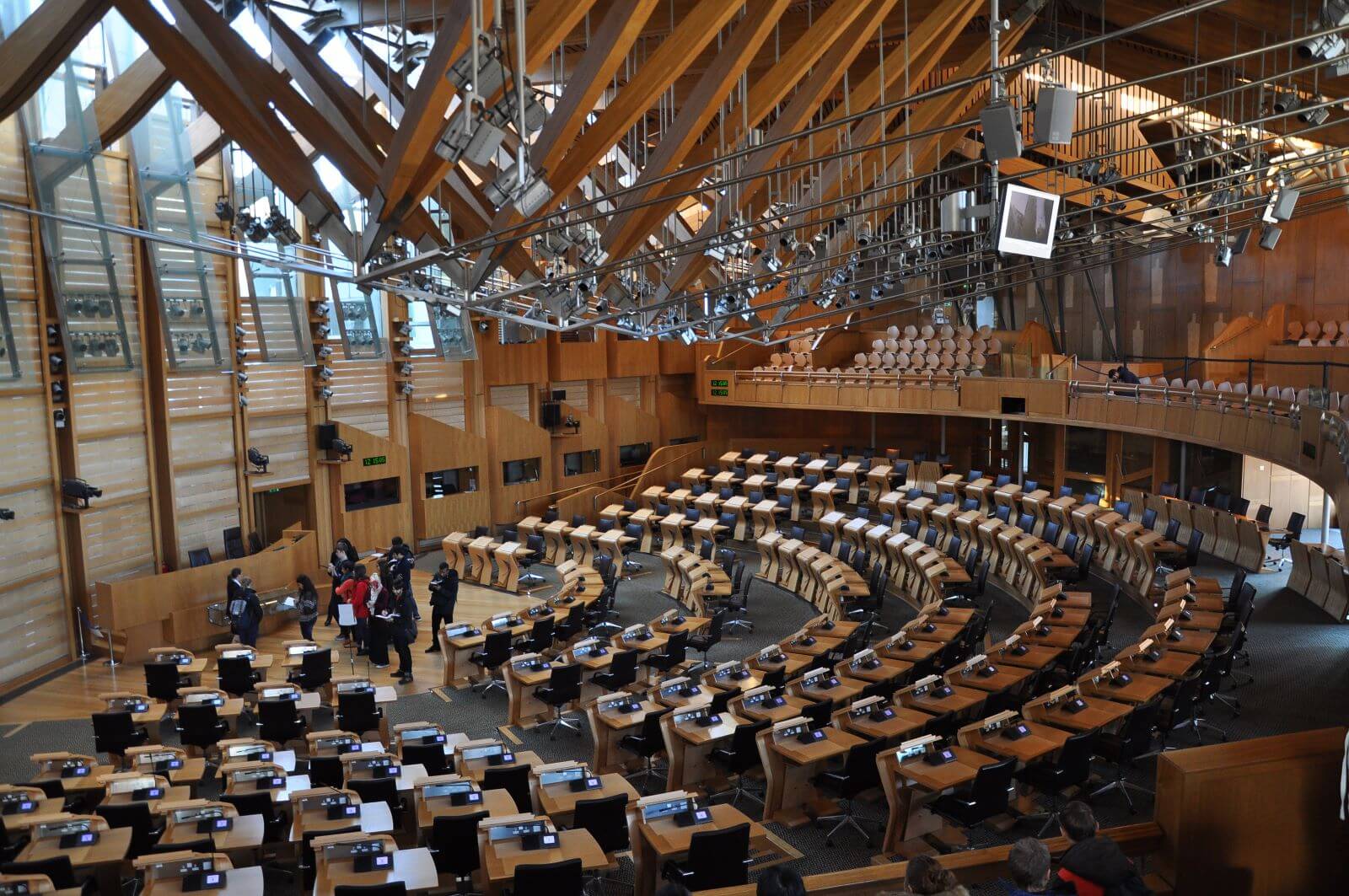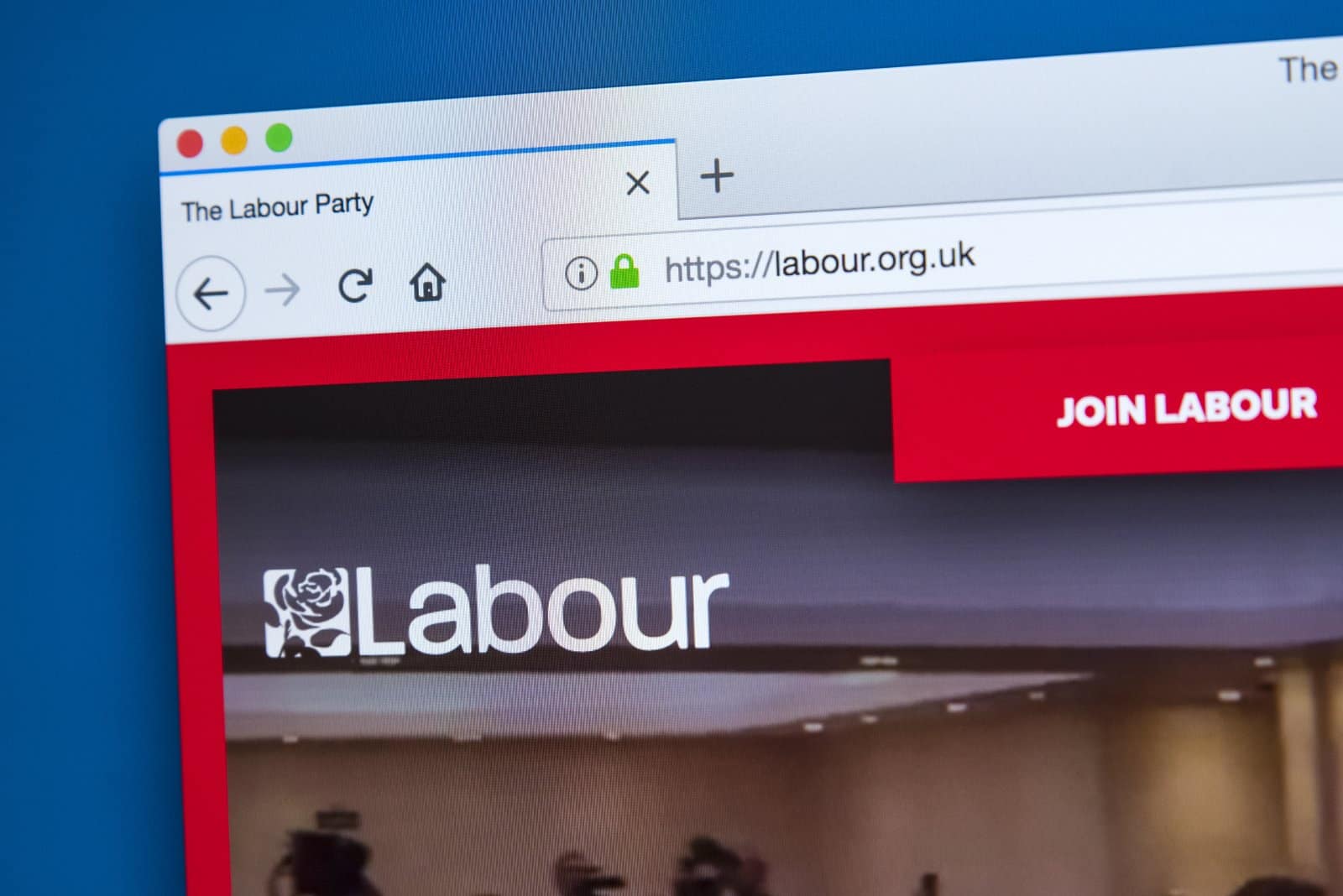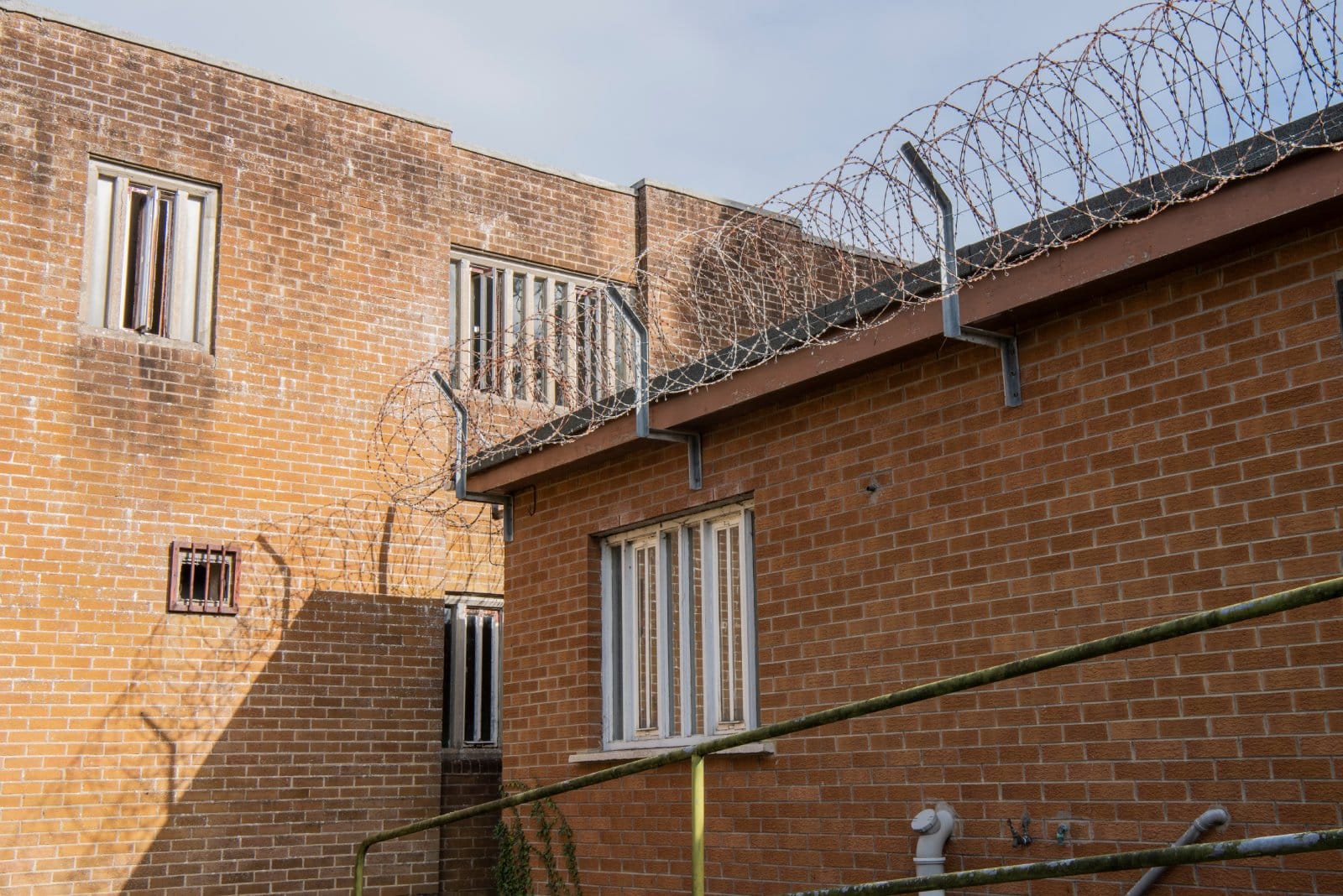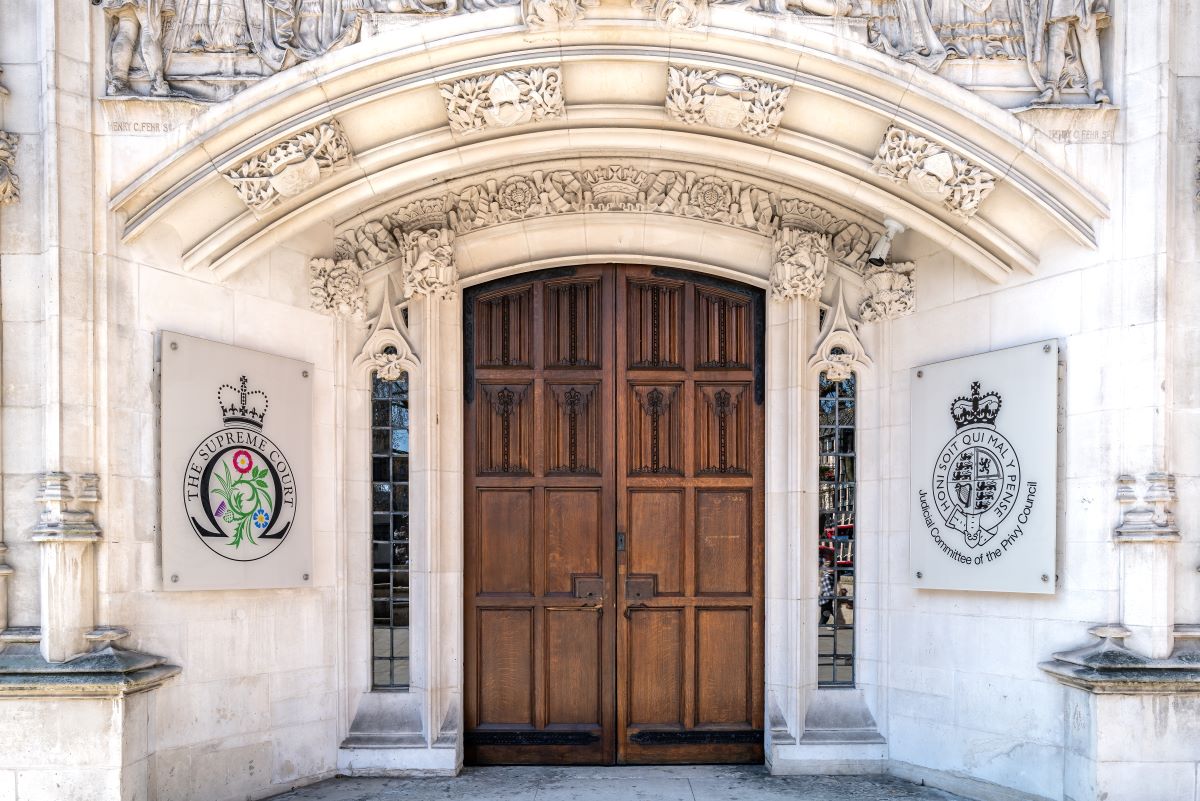A UN expert has called on the UK government to reassess its use of indefinite prison sentences under Imprisonment for Public Protection (IPP).
Labour Introduced IPP in 2005

The IPP, introduced in 2005 by Labour, allowed the courts to implement prison sentences with no set release date.
IPP Were Indefinite Sentences Between 2005-2012

IPP sentences were indefinite sentences given by the courts in England and Wales between 2005 and 2012 to lawbreakers deemed to present a substantial risk of causing serious harm to the public until they no longer posed such a threat.
IPP Intended for Violent and Sexual Offenders

The IPP was initially designed for violent and sexual offenders who posed a serious threat to public safety but whose crimes didn’t justify a life sentence.
The Main Goal Is Public Protection

The main goal of the IPP was public safety, but concerns emerged that IPP sentences were being overly applied.
Minor Offenders Ensnared by IPP

Many individuals who have committed minor offences and sentenced under the IPP are still in prison long after they would have been released under a standard sentence.
Scheme Abolished in 2012 by Change Not Retrospective

The scheme was cancelled in 2012; however, the change was not applied retrospectively, meaning 2,852 people still serve an IPP sentence in prison, with 1,227 prisoners who have never been released.
40% of IPP Prisoners Have Never Been Released

In addition, a further 200 persons are serving their term in secure hospitals; thus, almost 40% of IPP offenders have never been released.
IPP Prisoners Need Resentencing

An independent human rights expert has appealed to the new government to review the IPP prisoners, emphasising the urgency of resentencing the IPP prisoners and permanently ending the indeterminate sentencing system.
Emergency Measures Due to Overcrowding

The new Labour government have had to address the overcrowding issues faced in the prisons recently due to the arrested offenders who participated in the riots and violent disorder.
Operation Early Dawn Implemented to Aid Prison Crisis

Operation Early Dawn, an emergency measure, has been activated to allow defendants to be held in police cells until prison places become available.
“IPP Sentences Are Inhuman Treatment”

The UN Special Rapporteur on torture, Alice Jill Edwards, has said: “IPP sentences are inhuman treatment and, in many cases, amount to psychological torture.”
Emergency Measures Don’t Apply to IPP Prisoners

She applauded the new government for implementing emergency measures to help with prison overcrowding and reduce sentences. Still, she said, “It is very disappointing that the emergency measures announced recently by the Secretary of State for Justice do not apply to individuals currently serving an IPP sentence.”
New Measure Could Be an End to IPP Scandal

Edwards had hoped that Labours’s addressing overcrowding would mean a review and “changes substantive enough” to end the IPP scandal.
Tariff to Be Served Before Release

Any prisoner serving an IPP sentence can only be released once they have served their minimum period of imprisonment, satisfied their tariff, and had approval from the Parole Board.
Resentencing Needed to Respect Prisoner’s Rights and “Satisfy the Public”

Therefore, Edwards believes that the only measure that will “satisfy the public” while respecting the rights of the IPP prisoners is to perform a “full or partial resentencing.”
Adequate Measures and Rehabilitation Needed for Prisoners

She has said, “I encourage the swift implementation of these measures and remain ready to support the authorities in any effort to finally end these sentences while ensuring rehabilitation and access to adequate reparations for affected prisoners.”
“Stagger” Releases for Public Safety

The previous Conservative government argued that resentencing would pose a risk to public safety. However, Edwards has said that the government could” stagger” the releases, and those in for the most severe crimes would remain behind bars.
The 2024 Victims and Prisoners Act Could Phase Out IPP Sentences

According to Edwards, the 2024 Victims and Prisoners Act, enacted by the previous parliament, introduced several important measures that could phase out IPP sentences.
System Found to Be “Irredeemably Flawed”

In 2022, the Justice Committee of the UK’s House of Commons found the IPP system to be “irredeemably flawed” and put forward that a re-sentencing of all IPP individuals should be conducted. It is a matter of time, but it is a dire issue that the new government must prioritise.
Featured Image Credit: Shutterstock / Jane Rix.
The images used are for illustrative purposes only and may not represent the actual people or places mentioned in the article.

